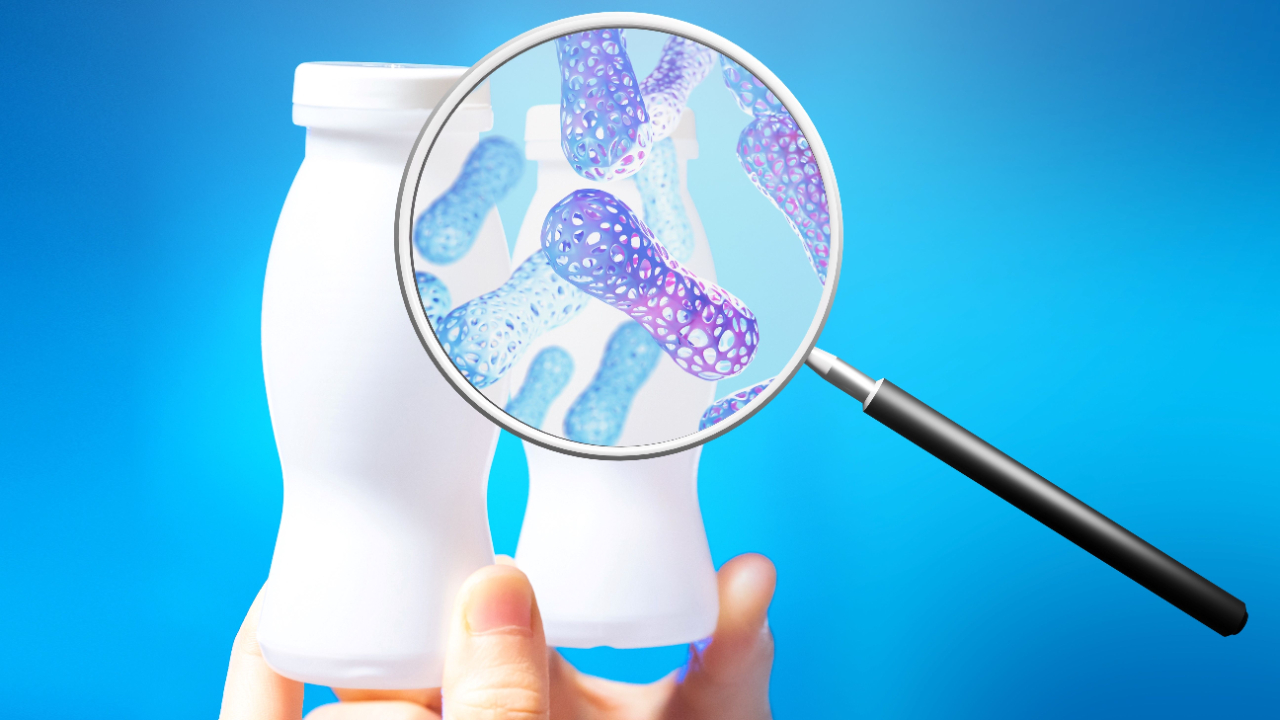Can probiotics stay alive on the shelf?

It seems just about every type of product at the supermarket contains probiotic these days, whether it’s yoghurts, breakfast cereals, muesli, you name it! With people’s growing interest in gut health, probiotic use in the food industry has certainly extended beyond just the yoghurt section. But given that probiotics are live microorganisms, can these shelf products or supplements really contain probiotics or is it all simply a marketing tactic? This is a question we get a lot in practice. To answer this question, let’s first look at what a probiotic is.
What are probiotics?
Probiotics are live microorganisms that confer a health benefit to the host when administered in adequate amounts [1]. Probiotic strains are well-researched, and to be classified as a probiotic for use in supplements and/or food, they need to be safe, characterised, supported by a clinical trial demonstrating their effectiveness, and provided in a sufficient dose to stay alive. You may have noticed a key component of this definition; in that they need to be alive.
What do microbes need to sustain life?
For microbes to sustain life, conditions include the availability of water, nutrients, appropriate temperature, and pH. For microbes, it’s possible to put them in a dormant or “frozen” state, in which they stay alive but do not exhibit any metabolic activity [2]. These dormant microbes then need the right conditions to become active again. Essentially, the probiotics found in our food products and in supplement form are put into this dormant state and then become active again when they are met with the perfect conditions our gut has to offer.
How do probiotics become dormant?
To achieve a dormant state, microbes can be freeze-dried [3]. This involves quickly freezing the microbes followed by having the frozen water removed. They can then be added to capsules and/or food products. In products such as yoghurt where there is water available, there are other factors that keep the microbes in a dormant state such as low temperature and acidity.
The Takeaway
The probiotics found in supplements and food products can sustain life by being put into a dormant state before being added to the product. This process allows them to sustain life without metabolic activity which can then resume once they are met with the ideal conditions in your gut. So, you can confidently purchase evidence-based probiotic strains knowing that they may exhibit a health benefit.
References
[1] Hill C, Guarner F, Reid G, Gibson GR, Merenstein DJ, Pot B, et al. Expert consensus document: The international scientific association for probiotics and prebiotics consensus statement on the scope and appropriate use of the term probiotic. Nat Rev Gastroenterol Hepatol 2014. https://doi.org/10.1038/nrgastro.2014.66.
[2] Davis C. Enumeration of probiotic strains: Review of culture-dependent and alternative techniques to quantify viable bacteria. J Microbiol Methods. 2014 Aug;103:9-17. doi: 10.1016/j.mimet.2014.04.012. Epub 2014 May 9. PMID: 24814752.
[3] Santivarangkna C, Aschenbrenner M, Kulozik U, Foerst P. Role of glassy state on stabilities of freeze-dried probiotics. J Food Sci. 2011 Oct;76(8):R152-6. doi: 10.1111/j.1750-3841.2011.02347.x. Epub 2011 Sep 19. PMID: 22417602.
Stay connected with gut health news and updates!
Join our Free Weekly Newsletter to receive the latest gut health news, recipes and updates from our team.

